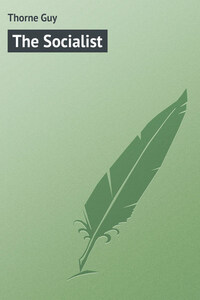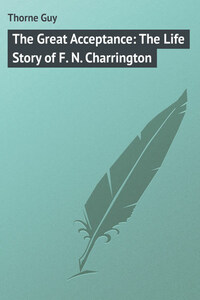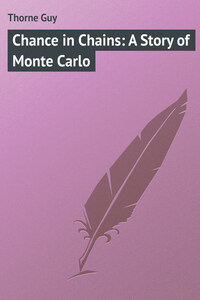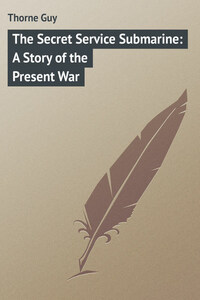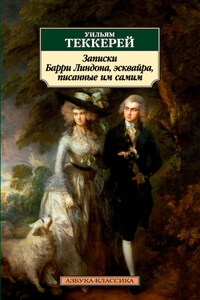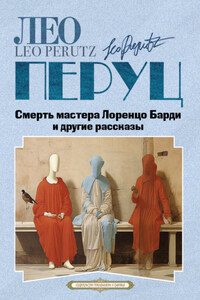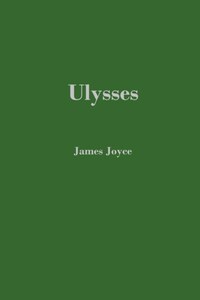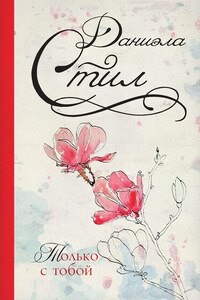PART I
A BOOK OF POEMS ARRIVES FOR DR. MORTON SIMS
"How many bards gild the lapses of time
A few of them have ever been the food
Of my delighted fancy."
– Keats.
The rain came down through the London fog like ribands of lead as the butler entered the library with tea, and pulling the heavy curtains shut out the picture of the sombre winter's afternoon.
The man poked the fire into a blaze, switched on the electric lights, and putting a late edition of the Westminster Gazette upon the table, left the room.
For five minutes the library remained empty. The fire crackled and threw a glancing light upon the green and gold of the book shelves or sent changing expressions over the faces of the portraits. The ghostly blue flame which burnt under a brass kettle on the tea table sang like a mosquito, and from the square outside came the patter of rain, the drone of passing taxi-cabs, and the occasional beat of horses' hoofs which made an odd flute-like noise upon the wet wood pavement.
Then the door opened and Dr. Morton Sims, the leading authority in England upon Inebriety, entered his study.
The doctor was a slim man of medium height. His moustache and pointed beard were grey and the hair was thinning upon his high forehead. His movements were quick and alert without suggesting nervousness or hurry, and a steady flame burned in brown eyes which were the most remarkable feature of his face.
The doctor drew up a chair to the fire and made himself a cup of weak tea, pouring a little lime-juice into it instead of milk. As he sipped he gazed into the pink and amethyst heart of the fire. His eyes were abstracted – turned inwards upon himself so to speak – and the constriction of thought drew grey threads across his brow.
After about ten minutes, and when he had finished his single cup of tea, Dr. Morton Sims opened the evening paper and glanced rapidly up and down the broad, well-printed columns.
His eye fell upon a small paragraph at the bottom of the second news-sheet which ran thus: —
"Hancock, the Hackney murderer, is to be executed to-morrow morning in The North London Prison at eight o'clock. It is understood that he has refused the ministrations of the Prison Chaplain and seems indifferent to his fate."
The paper dropped from the doctor's hands and he sighed. The paragraph might or might not be accurate – that remained to be seen – but it suggested a curious train of thought to his mind. The man who was to be hanged in a few hours had committed a murder marked by every circumstance of callousness and cunning. The facts were so sinister and cold that the horrible case had excited no sympathy whatever. Even the silly faddists who generally make fools of themselves on such an occasion in England had organised no petition for reprieve.
Morton Sims was one of those rare souls whose charity of mind, as well as of action, was great. He always tried to take the other side, to combat and resist the verdict passed by the world upon the unhappy and discredited.
But in the case of this murderer even he could have had no sympathy, if he had not known and understood something about the man which no one in the country understood, and only a few people would have been capable of realising if they had been enlightened.
It was his life-work to understand why deeds like this were done.
A clock upon the high mantel of polished oak struck five.
The doctor rose from his chair and stretched himself, and as he did this the wrinkles faded from his forehead, while his eyes ceased to be clouded by abstraction.
Morton Sims, in common with many successful men, had entire control over his own mind. He perfectly understood the structure and the working of the machine that secretes thought. In his mental context correct muscular co-ordination, with due action of the reflexes, enabled him to put aside a subject with the precision of a man closing a cupboard door.
His mind was divided into thought-tight compartments.
It was so now. He wished to think of the murderer in North London Prison no more at the moment, and immediately the subject passed away from him.
At that moment the butler re-entered with some letters and a small parcel upon a tray.
"The five o'clock post, sir," he said, putting the letters down upon the table.
"Oh, very well, Proctor," the doctor answered. "Is everything arranged for Miss Sims and Mrs. Daly?"
"Yes, sir. Fires are lit in both the bedrooms, and dinner is for half-past six. The boat train from Liverpool gets in to Euston at a quarter to. The brougham will be at the station in good time. They will have a cold journey I expect, sir."
"No, I don't think so, Proctor. The Liverpool boat-trains are most comfortable and they will have had tea. Very well, then."
The butler went away. Morton Sims looked at the clock. It was ten minutes past five. His sister and her friend, who had arrived at Liverpool from New York a few hours ago would not arrive in London before six.
He looked at the four or five letters on the tray but did not open any of them. The label upon the parcel bore handwriting that he knew. He cut the string and opened that, taking from it a book bound in light green and a letter.



